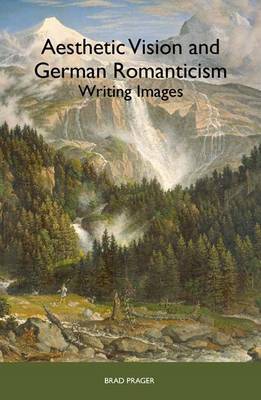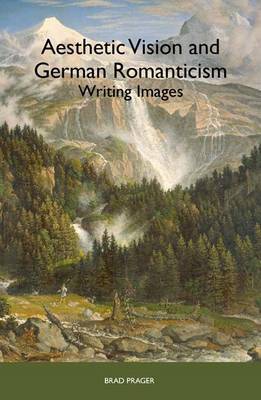
- Retrait gratuit dans votre magasin Club
- 7.000.000 titres dans notre catalogue
- Payer en toute sécurité
- Toujours un magasin près de chez vous
- Retrait gratuit dans votre magasin Club
- 7.000.0000 titres dans notre catalogue
- Payer en toute sécurité
- Toujours un magasin près de chez vous
Description
The work of the groundbreaking writers and artists of German Romanticism -- including the writers Tieck, Brentano, and Eichendorff and the artists Caspar David Friedrich and Philipp Otto Runge -- followed from the philosophical arguments of the German Idealists, who placed emphasis on exploring the subjective space of the imagination. The Romantic perspective was a form of engagement with these philosophical discourses, especially Kant's Critique of Pure Reason and Fichte's Science of Knowledge. By employing an aggressive, speculative reading of Kant, the Romantics abandoned the binary distinction between the palpable outer world and the ungraspable space of the mind's eye and were therefore compelled to develop new terms for understanding the distinction between "internal" and "external." Starting from this initial position, Brad Prager urges a reassessment of some of Romanticism's major oppositional tropes, contending that binaries such as "self and other," "symbol and allegory," and "light and dark," should be understood as alternatives to Lessing's binary distinction between interior and exterior worlds. Aesthetic Vision and German Romanticism: Writing Images thus engages with philosophy, literature, and art history to explore German Romantic writing about visual experience, crossing the boundaries between these disciplines in order to examine the interplay of text and image in the formulation of Romantic epistemology. Brad Prager is Associate Professor of German at the University of Missouri, Columbia.
Spécifications
Parties prenantes
- Auteur(s) :
- Editeur:
Contenu
- Nombre de pages :
- 298
- Langue:
- Anglais
- Collection :
- Tome:
- n° 82
Caractéristiques
- EAN:
- 9781571134707
- Date de parution :
- 01-09-10
- Format:
- Livre broché
- Format numérique:
- Trade paperback (VS)
- Dimensions :
- 152 mm x 229 mm
- Poids :
- 439 g

Les avis
Nous publions uniquement les avis qui respectent les conditions requises. Consultez nos conditions pour les avis.






